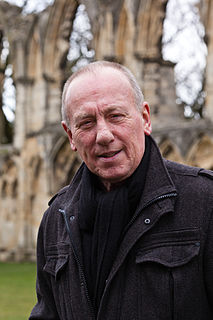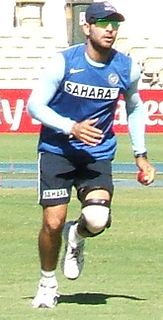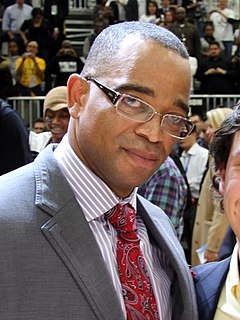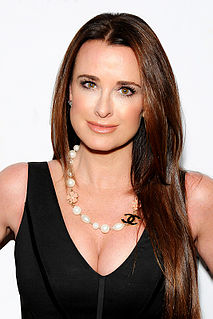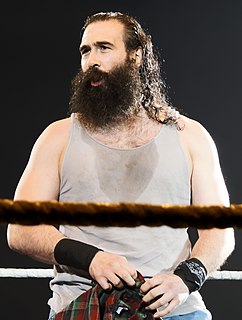A Quote by Taboo
They didn't tell me what type of cancer I had. They didn't tell me what stage I was in. They just told me, 'Mr Gomez, you have cancer.' My life flashed before my eyes. I thought about my kids, I thought about my wife. Nothing prepares you for the shock of someone telling you you have that horrible disease.
Related Quotes
I had just finished playing a doctor in Doctors' and I had had to tell somebody that they had cancer. In that moment I thought, He's doing what I did!' We sat down and he said, I'm sorry, Mr. Timothy, but I've got bad news.' I thought, Oh!' He told me that they had found cancerous cells, but not a lot.
But my body was telling its story. I have read a lot of stuff about cancer. I needed this book. I wish I'd had this book when I had cancer. I wanted someone to be talking to me about "fart floors." I wanted somebody telling me what it was like to have a colostomy bag. I felt so alone. And if you're a person who's been traumatized by past abuse, it's so potentially re-traumatizing. You slip right into "oh my god, this is the only person this has happened to before" mentality: "I'm especially bad and I have especially bad cancer..."
When they told me I had cancer - a very rare form called appendiceal cancer - I was shocked. But I went straight into battle mode. Every morning, I'd wake up and have an internal conversation with cancer. 'All right, dude,' I'd tell it, 'go ahead and hit me. But I'm going to hit you back even harder.'
In 1995, I was diagnosed with cancer, and I had to practice what I preached. I had always said to 'believe in God' and 'don't give up' to little kids who had been diagnosed with cancer. I then thought if I can't call on that same God and same strength that I told people about, I would be a liar and a phony.
To be honest, I didn't think I would be here for this album [Give the People What They Want]. I thought I was going to die. When the doctor came in by himself and told me I had cancer, it was frightening. He told me he got it and there would be six months of chemo. I really thought people would be promoting my record without me here to enjoy it. But I'm here.
One of my patients told me that when she tried to tell her story people often interrupted her to tell her that they once had something just like that happen to them. Subtly her pain became a story about themselves. Eventually she stopped talking to most people. It was just too lonely. We connect through listening. When we interrupt what someone is saying to let them know that we understand, we move the focus of attention to ourselves. When we listen, they know we care. Many people with cancer talk about the relief of having someone just listen.
This is our story to tell. You’d think for all the reading I do, I would have thought about this before, but I haven’t. I’ve never once thought about the interpretative, the story telling aspect of life, of my life. I always felt like I was in a story, yes, but not like I was the author of it, or like I had any say in its telling whatsoever.

